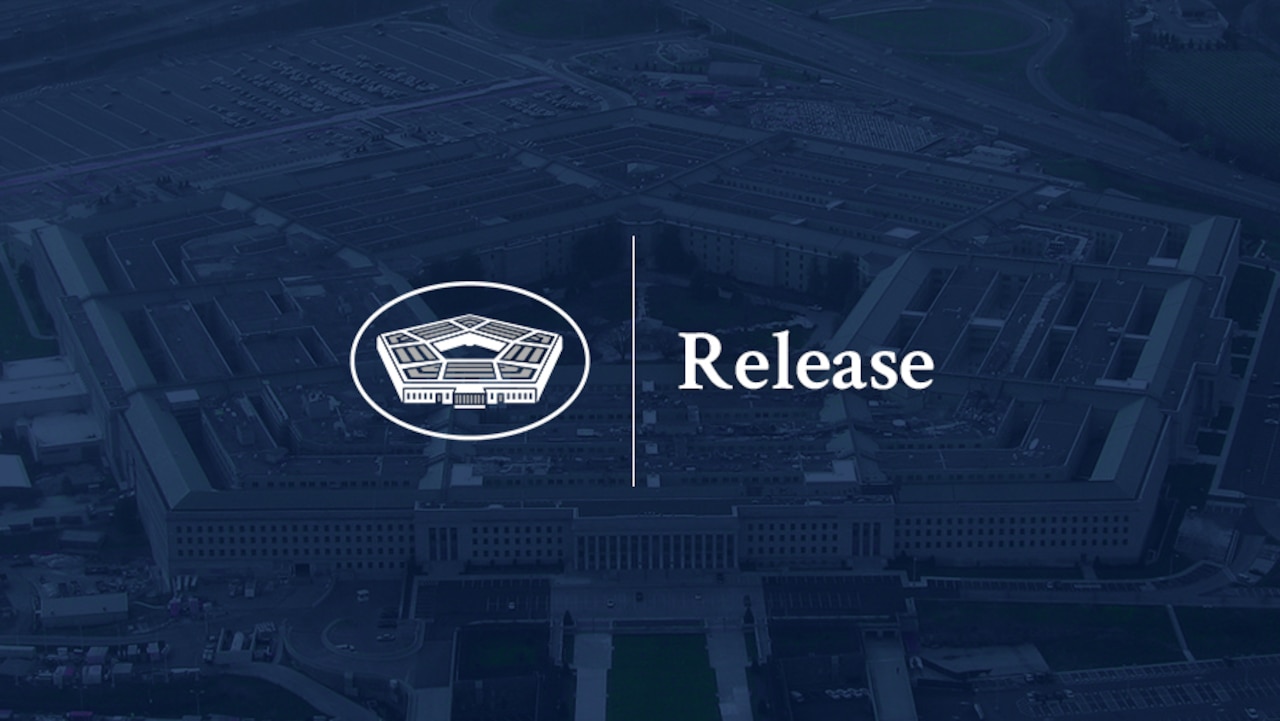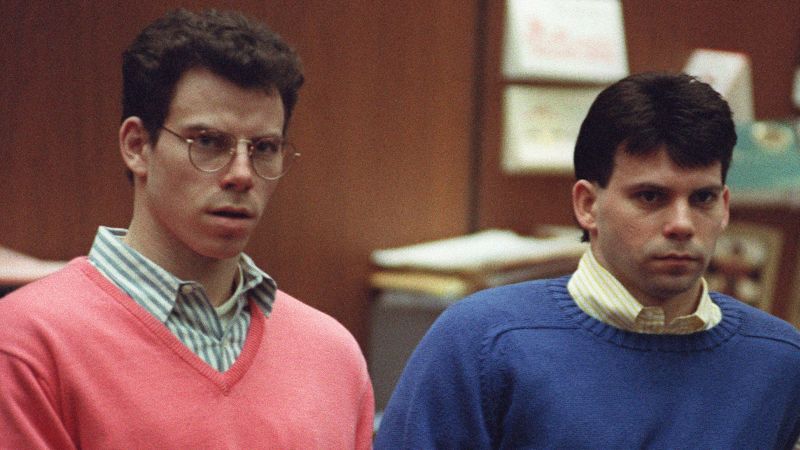Analysts believe that the judges and Ministry of Justice advisers’ description of what happened last October 25 as a “coup” is a legal argument that anyone can rely on and argue with, and contribute to considering all the measures taken since then constitutionally and legally invalid.
Khartoum- With the Sudanese Chief Justice and Judges issuing a memorandum addressed to the President of the Sovereign Council, Lieutenant-General Abdel Fattah Al-Burhan, the judges, along with other judicial bodies, entered the circle of direct dealing with the incidents of violence and repression with which the security services faced the widespread protests in the Sudanese street since the declaration of the state of emergency and the suspension of some provisions of the constitutional document. As a result, more than 70 protesters were killed and dozens were injured.
Sudanese judges staged a protest in front of the Presidency of the Judicial Authority building in the capital, Khartoum, on Thursday, after a group of judges of the Supreme Court, the Court of Appeal and various ranks of the judiciary issued a statement in which they described the authority as a “coup”, and said that it had violated covenants and covenants since October 25, 2021.
The statement condemned what it considered violations against unarmed demonstrators, and demanded their immediate halt, and that the perpetrators be brought to criminal investigation and justice, and not allow impunity.
The judges’ memorandum called on the Sovereignty Council to do everything available to protect the people and preserve their rights, and stressed the need to immediately stop all forms of attacks against protesters in processions and demonstrations, and to take all measures that contribute to protecting citizens and preserving their rights guaranteed by law and the constitution.
The judge of the Supreme Court, Abdelilah Zamrawi, who resigned earlier, described the fact that the head of the judiciary personally handed over the memorandum to the head of the Sovereignty Council as a rare precedent.
And he wrote in a post on his Facebook, “The Chief Justice Abdelaziz Fateh al-Rahman drafted the memorandum himself and handed it to the head of the Sovereign Council and signed it on behalf of the rest of the judges. This is a rare case in the history of the Sudanese judiciary.”
The judges and the revolutions of Sudan
Sudan’s history witnessed similar positions for judges during the post-independence military regimes. In October 1964, the judges supported the mass protests against the military regime headed by Lieutenant-General Ibrahim Abboud, when the judges of the Supreme Court came out declaring their support for the masses and declaring a general political strike.
The era of Field Marshal Jaafar Nimeiri also witnessed many stances by judges, the most famous of which was in September 1983, when the “Islamic Sharia laws” were announced. The Military Council interrupted them the march that they had announced during the popular uprising along with doctors and other forces, after it assumed power and announced the fall of the regime on April 6, 1985.
Political analyst Othman Fadlallah says that the judges’ move shows that the violence practiced by the authority has entered other influential sectors in the revolution’s cycle, especially after the matter reached the judges.
Fadlallah told Al Jazeera Net, that the judges and Ministry of Justice advisers’ description of what happened last October 25 as a “coup” represents a legal argument that anyone can rely on and argue with, and contribute to considering all the measures taken on and after October 25 Constitutionally and legally void.
The uprising of the judicial apparatus
Advisers of the Ministry of Justice had announced civil disobedience on January 17, within the corridors of the judicial organs, and stopped providing legal services to state agencies until Thursday (20 January).
The advisors demanded the lifting of the state of emergency and the nullification of all measures taken to implement it. In a statement, they also called for an immediate end to violations against peaceful demonstrators, including extrajudicial killings, unlawful detention and torture, and the immediate disclosure of the perpetrators of violations.
Advisers of the Ministry of Justice called for the immediate start of the procedures for transferring power to a civilian government agreed upon by the Sudanese people.
On Thursday, the Public Prosecution Office stopped working in principle, and put all options under consideration in the event that the authorities did not respond to stop the grave violations of human rights.
Legal Adviser Moaz Hassan told Al Jazeera Net that more than 200 public prosecutors of various ranks issued a protest note condemning the authority’s violations of human rights, and carried out a strike. He pointed out that the regular forces used live bullets without prosecutors accompanying them during the demonstrations, which is a violation of the law.
The members of the Public Prosecution condemned what they described as the “brutal repression” against peaceful demonstrators, and said, in a memorandum issued by them, that it was in violation of international conventions and norms, and called on the leaders of the security authorities to stop the “authoritarian” practices that violate the criminal law and to refrain from antagonizing the people.
Prosecutors stressed that the regular forces, in their dealings with peaceful demonstrations, should be subject to the supervision and technical and administrative supervision of the Public Prosecution.
Lawyer and writer Hatem Elias described what is happening as an “uprising of state judicial institutions” against what he called “the militia’s hijacking of their authorities.” He told Al Jazeera Net, that this step reveals the efforts of these agencies to restore the role of the sovereign state institutions, which have become a mute witness to what is happening.






